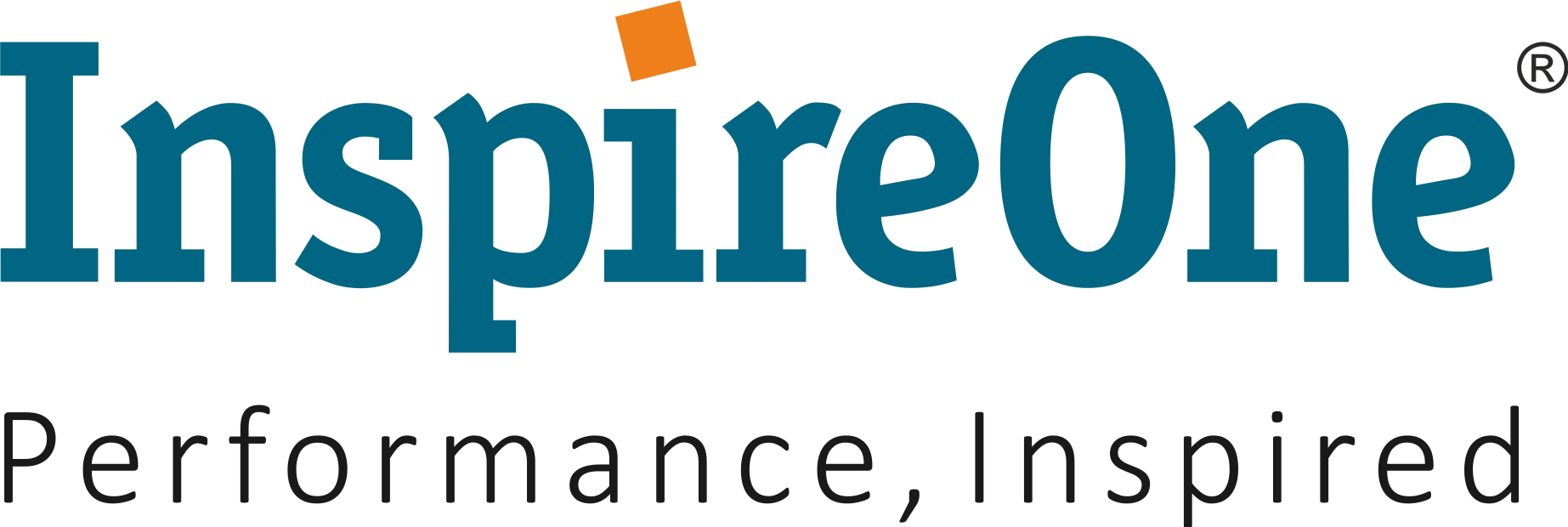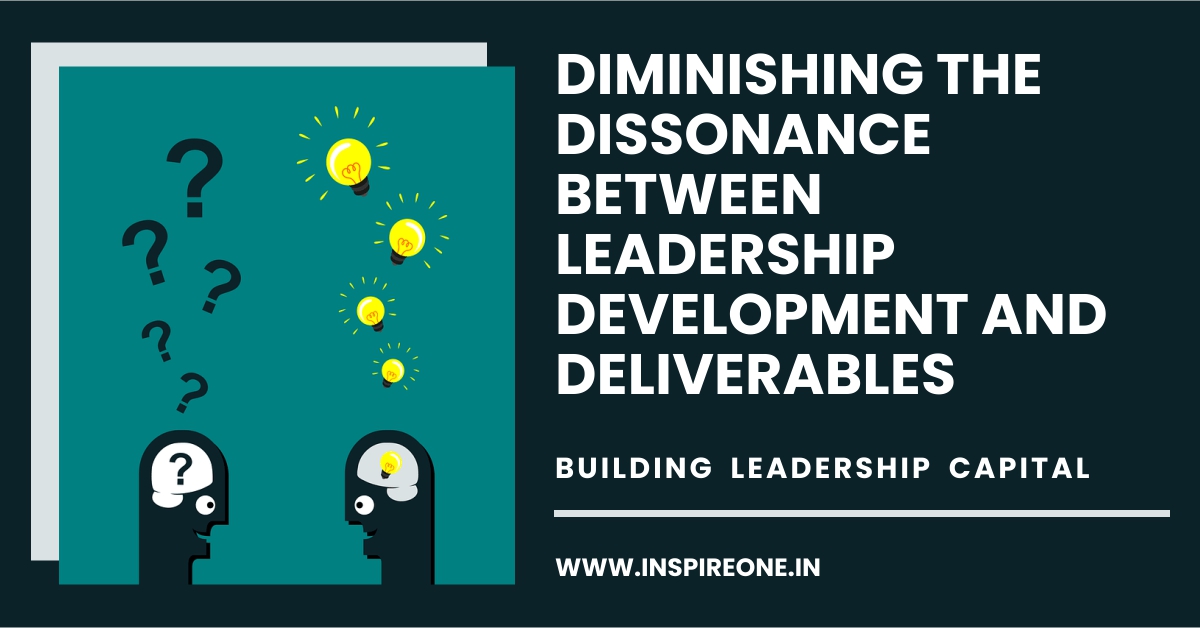The best leadership development programs are those that enhance organizational performance. Any other rationale to leadership development plans just diffuses the objective that they are meant for.
This article is about how unfettered leadership development plans should be created and implemented.
- Seamless integration of the 70:20:10 elements, ensuring high performance in current and future roles.
- Indicate possible de-railers in the implementation of individual development plan (IDP)
- Indicate the enablers of successful implementation of the individual development plans
The first step towards successful implementation of the IDP lies in the identification of the components for the 70-20-10 framework, and the organization’s boundaries – logistical and budgetary.
It is critical to maintain a balance between the reality and puritan for the plan and its implementation.
Therefore,
- The 70:20:10 must be established by the line manager and the participant. If the business goals and development goals dissonance has to be removed, the line manager involvement is an imperative.
- The strong buy – and ownership towards learner’s development cannot be created by a third party. In fact, the ownership behaviors or lack of them should be a deciding factor for whether the person should be invested in, for leadership development. The L&D team’s role has to be of expert facilitators of the process and of approving the sanctity of the process followed by the line manager and the participant.
- The development plan must be implemented with multiplicity of touch points. The elements of the journey must be integrated with regular feedback sessions, coaching and mentoring, byte sized learning capsules and projects. Having multiplicity of touch points ensures learners’ engagement, absorption of learning via a variety of learning modes and ensures constant reinforcement for learning sustenance.
- Involvement of the leadership as key sponsor is a critical success factor. It is a signal without which nothing really sees the light of the day.
- A learning plan based on the learning capability and inclination of the individual learners helps to ensure successful implementation of learning as it is accepted and absorbed by the learners well.
Possible Roadblocks to be dismissed
- The prevailing belief IDPs which have 2-3 activities like a conference/class/assignment are enough to support skill development is the biggest eyewash. They may allow knowledge acquisition, but skill and behavior development need more than a tick in the box approach. There must be a holistic strategy implementation with involvement of the line manager and the participant.
- According to a Forbes magazine article written by Joseph Folkman (2016), “Development plans fail because they are not driven by the individual”. Most IDP conversations involve the manager convincing subordinates to develop capabilities the manager thinks are important. They address the organizational need but neglect the individual’s interest. Joseph Folkman states that while creating development plans, managers and individuals should focus their goals around three areas: competence, passion, and organizational need.
- The last challenge could be the entire journey getting off rail due to its non-governance. Therefore, a robust governance and project management mechanism is critical. A project team which includes a sponsor, project manager and project team work on a project plan, course corrections, alignment, and steering the projects to ensure its successful implementation.
As learning and development professionals, it is our responsibility to facilitate the process of learning and development by providing the right learning opportunities, ensuring that it flows as a comprehensive whole and by ensuring that the plan is implemented well. With the successful implementation of the development plan the leadership development journey serves it logical purpose of ensures business results.








0 Comments